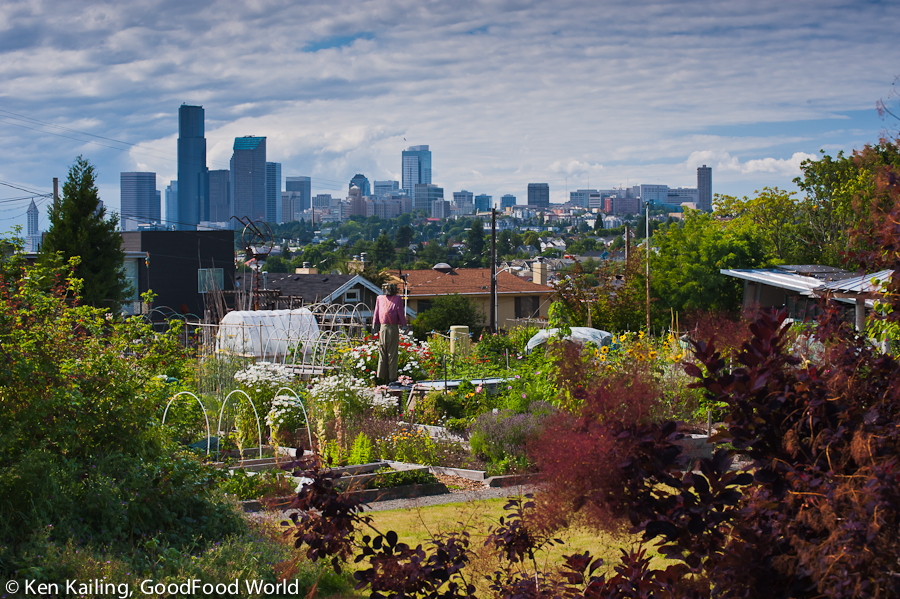Some people don’t understand the concept of “system.” They talk it, but then they become completely focused on only one or another element. That of course is partly brought on by the world of industrial specialization in which we have grown up. Very few of us can really see beyond our departments, cubicles, or front doors and then we have the terrible communication difficulty between interest groups where language itself is confounded.
We need to start at the grass-roots with people who are already doing more than one job; a plumber who can also be a carpenter, etc. And we need to keep it simple and pragmatic to get started. Unfortunately the bean counters start at the other end trying to build theoretical utopias with central brains. As a result, we get organizations with conflicting goals all over the place and internal politics that becomes self-defeating.

Have you ever noticed some people seem to connect in cooperative structures almost automatically – like children’s natural play – and others remain ego-separate no matter what? I believe we should concentrate on locations (perhaps like Growing Power has in Chicago or Bradner Gardens Park in Seattle) where people seem to be able to invent ways to get around bureaucracy and corporate dominance… where people are using everything they find to invent new, practical, earth-friendly ways of doing things–that is, reinvent the middle people and functions from scratch.
Something that has bothered me for a long time is the number of people either totally unemployed or employed at “useless tasks” in a society where the greatest number of jobs have become industrialized and corporate, in factory-like complexes where machines are rapidly replacing people. A fact in our modern age is: too many of us have nothing to do! So we make “work” that allows us to keep trading money but doesn’t feed and care for people, heal the earth ecosystems, clean up the air and water, or provide a healthy sustainable future.
So how can this outmoded, narrow-viewed, post-industrial machine model continue? Obviously, it supports people who subscribe to it – where only a few really make out at the expense of the majority – but only for the time being. The post industrial model, while not meeting our current or future needs, perpetuates the thinking that we will overcome all obstacles to happiness if we continue to feed into it completely – that the problems we have result from not totally accepting its doctrine (e.g., the economy will be good if we eliminate all regulation, etc.).
The real truth is, over population, climate change, and all our other major ills result from the industrial model itself! And our inability to change out of the industrial age to a more humane and organic socio-economics (ecological economics) is going to bring us to the end of our life on earth as Homo sapiens. We are definitely not “wise men” at all.
Having tried top-down centralized planning and seen the problems it creates first had (in and out of government), I’ve turned to a more decentralized, local activism that rewards people directly for their performance and demands a true sharing by the participants. And interesting enough, not always, but sometimes, I’ve seen this grass-roots model accomplish hundreds of times what top-heavy nonprofits and government say they’re trying to achieve.
I see the same wasted infrastructure both in our cities and in the country and everyday I think we could be doing something more to bring back the better parts of the culture we miss. My experience tells me bureaucracy more often gets in the way and is no damn fun. So, sometimes, even subversively, I’ve just started picking up the shovel where I see people working and have QUIT with the grandiose schemes altogether.
We need to stop talking and start acting; the place to focus is the “wasteland” (the wasting infrastructure and broken neighborhoods), the people to join up with are the “little guys,” the business model is getting a worthy product into the hands of the people who need it and getting adequate compensation to keep going doing “Good Work.”
For many of us outside the Special Interest Politics of Washington DC, that may be all we can do.
